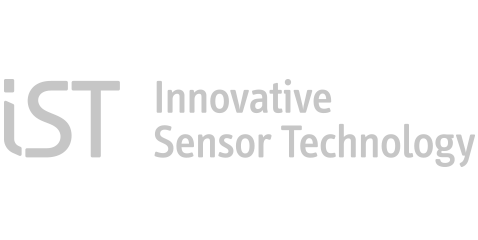Hanon Autopal
Treatment of water upon entry allowed us to start production
Excessively polluted waste water was an obstacle to starting production in our new facility. A surprising solution was to clean the water at the beginning of the production process, turning normal water into super-clean water which does not bond with chemicals as much. Production could begin, and on top of that, the company saves more than half a million crowns each year on buying water.
4 hours
This is how short the water replacement cycle was initially.
20 hours
That’s how long the cycle lasts now.
5 times
That’s how much we reduced water consumption by.
600,000 CZK
That’s how much the company saves every year thanks to the longer water replacement cycle.
Production couldn’t begin because of waste water
Hanon Autopal in Jičín makes parts for automotive radiators and ACs. Thousands of litres of water are used to wash the soldered components.
The problem was that used washing water cannot be dispatched straight into drainage, because it doesn’t comply with legal requirements – it emerges from the production process too polluted by the residues of opacifiers and soldering pastes with fluorides and phosphates.
When the company built a new production facility in 2016, it needed a solution to treat the waste water before it could even start the production.

The problem was solved by treating the water upon entry
Even though the problem appeared at the end of the production process, we focused on the beginning. We used reverse osmosis to turn normal water into ultra-clean water. Such water serves as a solvent, holds excellent degreasing properties, doesn’t absorb as much soldering paste and it is much easier to clean overall. Thanks to this, it doesn’t have to be replaced every 4 hours like before, but lasts around 20 hours.
To meet the criteria required for it to be disposed of via drainage, we used a specially modified sewage plant, which uses chemical reaction to remove phosphates and fluorides.
No obstacles to production and a reduction of costs
We found a solution that allowed production to start in the new facility and was much more economical than trucking the waste water away.In addition, Hanon Autopal saves up to 600,000 CZK per year thanks to the longer-lasting water replacement cycle.
A bit about technology
Cleaning the waste water of all residues from pastes, opacifiers, fluorides and phosphates would not only be complicated, it would also be expensive – any investment into a suitable sewage plant would not be returned after 10 years. The option of trucking the water away was also economically unfeasible.

Water treatment plant
That led us to take a look at the whole process from the beginning. Water used for washing components circulates, until it reaches a certain level of pollution. At the time we were invited to offer a solution, the water was changed about six times a day. That represented thousands of litres of waste water.
The solution was to use reverse osmosis in the beginning of the whole production process. It softens the water, turning ordinary water into super-clean water, which doesn’t absorb as many pollutants.
This means that the water doesn’t have to be changed every 4 hours, but only after a 20 hour cycle, and its cleaning is much easier.
A special sewage plant removes fluorides and phosphates before it is possible to release the water into the drainage. These measures made it possible to begin production and the company saves up to 600,000 CZK a year on water.
